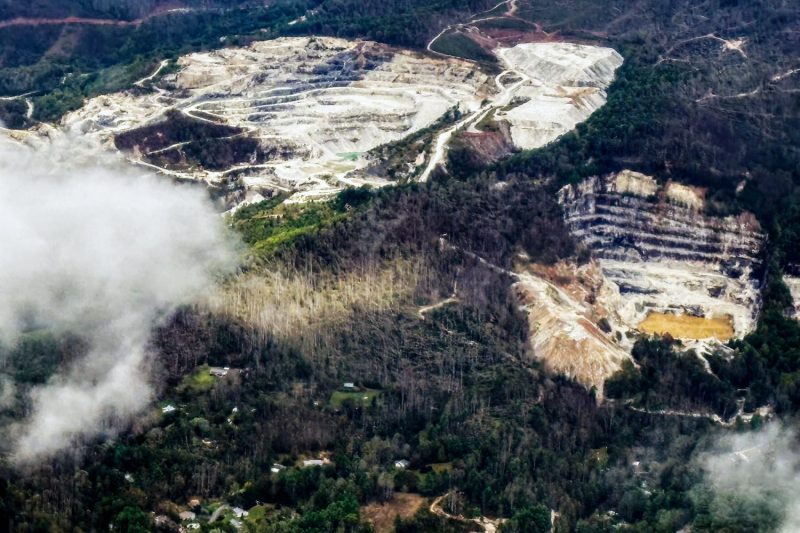
The Rise of a Small Town: How Helene’s Impact Could Revolutionize the Semiconductor Chip Industry
The semiconductor chip industry has long been a pillar of technological advancement, driving innovation and shaping the modern world. However, the recent impact of Cyclone Helene on the small town of Matsukawa could potentially disrupt the delicate balance of the global semiconductor supply chain.
Matsukawa, nestled in the Fukushima Prefecture of Japan, might seem insignificant on a global scale, but its role in the semiconductor industry paints a different picture. The town is home to a major production facility owned by one of the world’s leading semiconductor manufacturers. The facility’s specialized infrastructure and expertise in chip fabrication make it a crucial element in the semiconductor supply chain.
Cyclone Helene, with its destructive force, wreaked havoc on Matsukawa, causing widespread damage to the semiconductor production facility. The aftermath of the cyclone left the town struggling to recover and the semiconductor manufacturer facing significant challenges in restoring its operations.
The repercussions of the disruption in Matsukawa extend far beyond the town itself. The global semiconductor chip industry operates on a just-in-time production model, where even minor delays or disruptions can have cascading effects. With Matsukawa’s production facility offline, there is a sudden shortage of critical components in the supply chain, impacting a wide range of industries that rely on semiconductor chips.
Automobile manufacturers, consumer electronics companies, and even the burgeoning artificial intelligence sector are all feeling the ripple effects of the disruption in Matsukawa. Production slowdowns, increased costs, and supply chain complexities are becoming widespread as companies scramble to find alternative sources for essential semiconductor components.
The incident in Matsukawa underscores the vulnerability of the global semiconductor supply chain to unexpected disruptions. It highlights the need for greater resilience and redundancy in the production network to mitigate the impact of such events in the future. Companies across industries are now reassessing their supply chain strategies, looking to diversify their sources and build more robust production networks to withstand potential disruptions.
As Matsukawa works towards rebuilding its semiconductor manufacturing facility, the global semiconductor industry faces a period of uncertainty and adaptation. The town’s experience serves as a stark reminder of the interconnected nature of the global economy and the fragility of complex supply chains. It prompts stakeholders to rethink their approaches to risk management and strategic resilience in an increasingly volatile and unpredictable world.
